Together, We Will Create a #CavityFreeND
Many children do not have access to the dental care they need to protect their health and smile overtime, and the Kids Without Cavities program is seeking to help with these dental health tips. By improving access to free dental resources, we can help parents and their kids from birth to 8-years-old build positive brushing habits, prevent long-term dental decay, and understand the importance of dietary habits that can cause irreversible damage.
For cavity-free dental tips, click an icon to retrieve free resources for all ages or start with an age group below.
Resources for all Ages
Resources by Age Group
6 - 8 Years
Brushing & Flossing "How-To" Videos
Check out this great instruction video from MouthHealthy.org on how to brush your teeth the right way.
Here's an animated video that teaches kids the 6 steps of brushing their teeth.
Here's a 1 minute video from the ADA on how to floss.
3 - 5 Years
Assess your child's risk of developing cavities
Did you know tooth decay is the single most common and is a largely preventable chronic childhood disease? It’s true! Bacteria use food and drinks to create acid that damages the enamel on your kids’ teeth, which causes decay overtime.
Your child may be at risk if they have noticeable plaque accumulation, white spots, visible decalcifications, uses a sippy for fluids other than water, snacks frequently, or they do not have a primary pediatric dentist.
Take the first step today to learn more about your child's risk of developing tooth decay with the Cavity Risk Assessment.
Source: American Academy of Pediatrics
Birth - 2 Years
Know your child's dental health risk
When your child’s first tooth erupts, it’s essential to develop routine brushing habits right away to prevent tooth decay, which is the most common chronic childhood disease. Without proper dental hygiene, bacteria uses food to create acid that damages the enamel on your child’s teeth, causing decay overtime.
As a quick rule of thumb, your child may be at risk for tooth decay if they have noticeable plaque accumulation, white spots, visible decalcifications, or they do not have a primary pediatric dentist.
To learn more about your child’s risk of developing tooth decay, take the Cavity Risk Assessment.
Source: American Academy of Pediatrics

